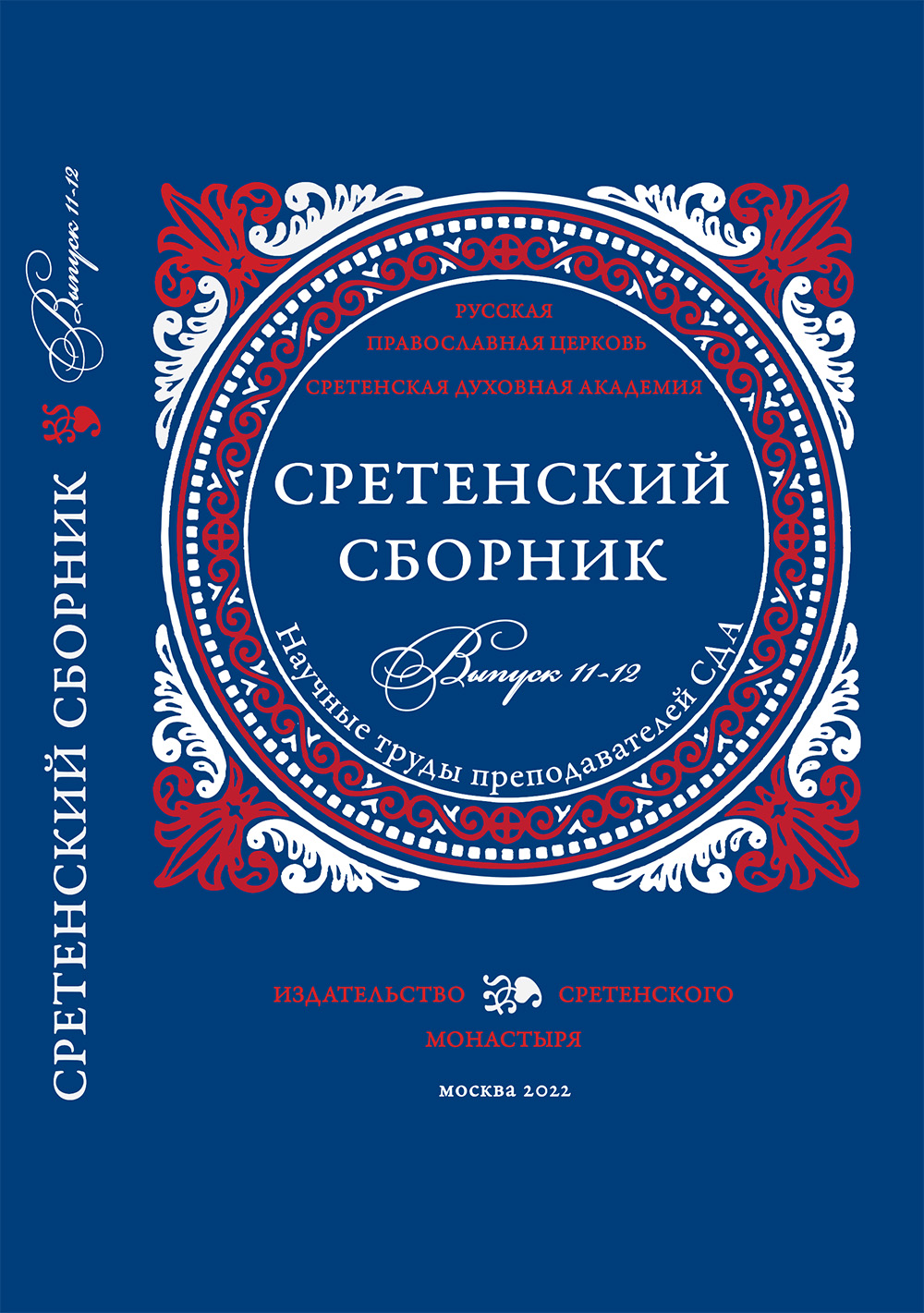The activity of N.V. Protasyev as the governor of Olonets in order to educate the people, strengthen the state, and establish Orthodoxy and to counteract the seduction of Orthodox Christians in Karelia and neighboring territories of the Russian Empire
Keywords:
Protasyev Nikolay Vasilyevich, Olonets Province and Diocese, Arkhangelsk Province and Diocese, Finland (Grand Duchy of Finland), Vyborg and Finnish Diocese, Petrozavodsk, Murman, Belomorsky Canal, Murmansk Railway, Catherine Harbor, Lake Ladoga, Lake Onega, Archbishop Sergiy (Stragorodsky), Bishop Cyprian (Shnitnikov), Archpriest Nikolai Chukov, P.A. Stolypin, Pan-Finnism, Lutheranism, Lutheran and Panfinnists’s propaganda, zemstvo schools, parish schools, guardianship, Russian language, Karelian language, Finnish language, “Orthodox Karelian Brotherhood in the name of St. Vichy and Victorious George” (PKB)Abstract
The work is based on archival material and published sources and is devoted to activities in 1902-1910 Olonets Governor N.V. Protasyev on the protection of the Orthodox population of Karelia and other Russian territories inhabited by Orthodox Karelians and Finns in the Russian Empire from panfinnist’s and Lutheran propaganda, which became widespread due to the disadvantages of spiritual enlightenment, the level of education and financial situation in comparison with Finland, which had many economic and political benefits in comparison with the rest of Russia. The growth of nationalism and separatism, which had seized sufficiently autonomous Finland, was no longer content with the existing territory, allocated by Russia in 1809 under its general governorship with the name of the Grand Duchy of Finland (VKF or Finland), but claimed Karelia and other vast territories of Russia to the north and to the east. The aim of the Pan-Finnish propaganda was the Finnization of the Karelians, which was hindered by their Orthodox faith, in addition to historical ties. The faith formed a spiritual brace with Russia and the Orthodox Church. In this regard, Finnization was accompanied by the planting of Lutheranism among the Orthodox. To solve this problem, Protasyev presented to P.A. Stolypin a program of administrative, educational, transport, resettlement, agronomic and ecclesiastical events, which included the formation of the “Orthodox Karelian Brotherhood in the Name of St. Great Martyr and Victorious George,” whose activities had considerable success in the conditions of slow implementation in the economic part of the program for reasons of Russian-Japanese the war, the revolutionary upheavals of 1905 and other problems of the Empire, despite which Protasyev continued to struggle for the implementation of the planned measures, some of which took place decades after his death.








